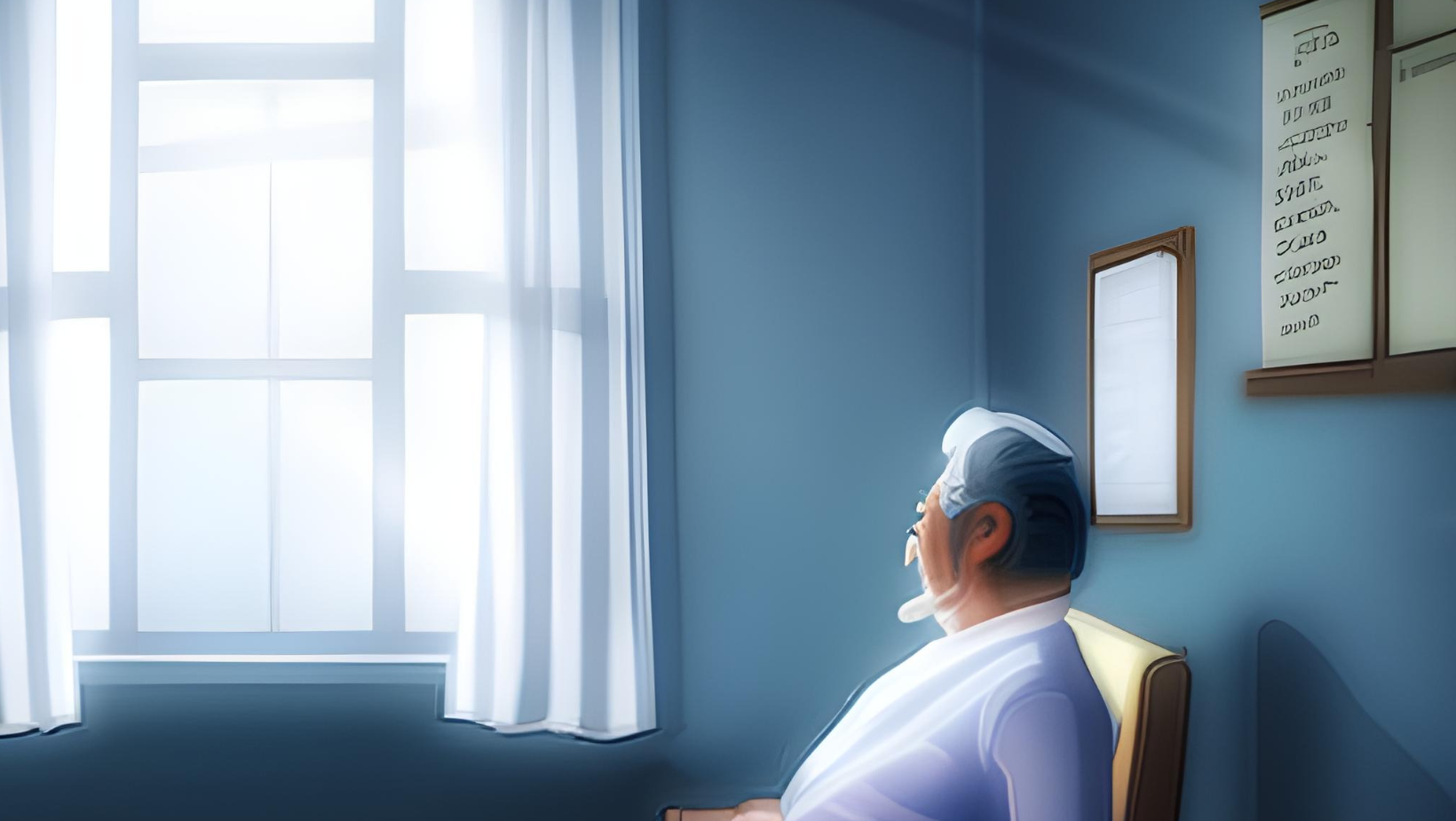Did you know that one in six adults and 35-40% of primary care patients suffer from medically unexplained symptoms? For example, some suffer from chronic functional syndromes (irritable bowel, fibromyalgia and many others) or psychosocial factors linked to chronic pain? Collectively, these are known as Psychophysiologic Disorders or PPD. These patients can be transformed from among the most frustrating to the most rewarding and give them a far better chance for a full recovery using a trauma-informed, evidence-based approach to diagnosis and treatment. To illustrate this, one family physician who learned these concepts said, “It put the joy back into my practice.”
Unfortunately, healthcare professionals rarely receive formal training in diagnosis and treatment of PPD patients. As a result, suffering from PPD has far reaching effects. For instance:
- Symptoms can endure for years or even decades,
- Continued treatment Is costly for the healthcare system,
- Patients may try to self-treat by substance abuse, behavioral addictions and even eating disorders and
- Patients with symptoms that are unexplained can be a significant source of frustration for clinicians.
Subsequently, this enormous blind spot in healthcare leads to needless suffering. Instead, hiring a DBH for this position is ideally positioned to address. The DBH supports collaboration between medical clinicians, who can rule out organ disease or structural abnormalities, and Mental/Behavioral Professionals by providing training and inclination. These Mental or Behavioral Professionals, or the DBH themselves, can manage and relieve physical symptoms. This is accomplished by assessing for and treating current life stresses, past traumas, suppressed emotions and the prolonged impact of adverse childhood experiences (ACEs).
The DBH can become known as the leading expert on Psychophysiologic Disorders by taking advantage of readily available training resources. (PPD is already taught in the DBH programs at ASU and CGI.) This core competence distinguishes the DBH from every other member of the healthcare team. Once this expertise is recognized, no team will seem complete without it.
